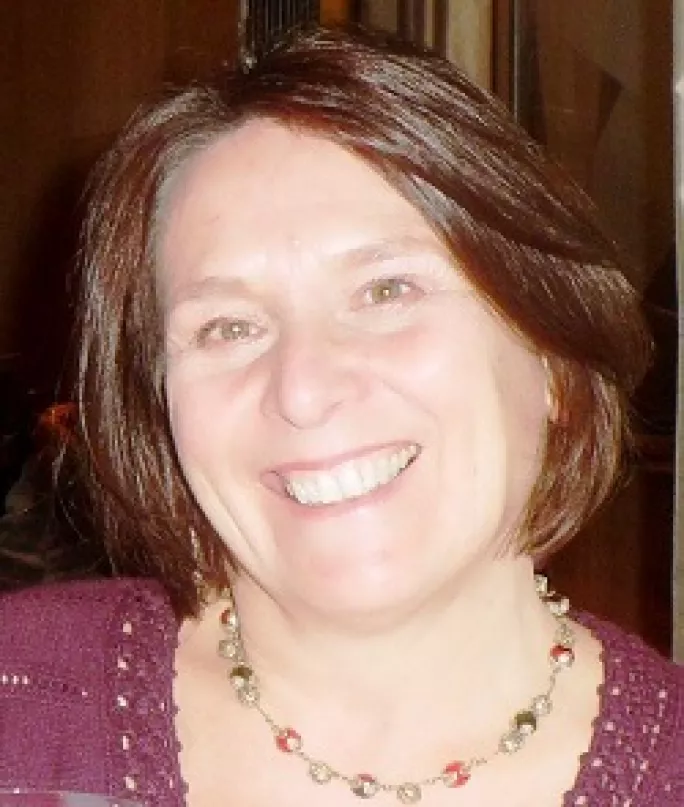Patrice Baldwin, chair of National Drama and a former Ofsted inspector, writes:
Rapid, irreversible damage has been recklessly inflicted on drama in schools by this government.
Logically, drama should be on a par with music and art and design, as a subject from KS1 to 3 and available to all students as a GCSE option at KS4, taught by specialist drama teachers with QTS.
The reality is far from this, with GCSE drama increasingly sidelined into after-school slots, PGCE drama specialist courses cut, many good specialist drama teachers losing their jobs and successful drama departments closing. Much less drama teaching is happening in schools since the EBacc and fewer students choose it now. Is this part of a plan to hand it over to out of school, cultural education providers?
The new national curriculum fails to provide drama with a programme of study and hardly mentions drama. It does not even have a short drama appendix (Elizabeth Truss informed me one is not necessary).
It appears necessary that all schools receive a free copy of the RSC Learning Toolkit and the King James’ Bible; a free paper copy of the national curriculum and a programme of study for drama might have been more logical and less biased. Why finance an RSC Toolkit rather than a real drama curriculum for schools? Because Shakespeare is financially big business and ‘establishment’?
Drama must never be reduced to reading Shakespeare in English lessons (circa 1950s), even if the toolkit intends to avoid this and gives English teachers something to dip into for ‘Shakespeare Week’. If half the media time given to Shakespeare’s birthday was spent highlighting to parents the destruction of real drama education, then children might have a better chance of being actually taught some drama in the future.
Many children will just get a drama strategy or two in English, maybe a trip or two to the theatre, possibly an after-school, optional drama club (often led by an external provider for payment). They will read Shakespeare plays at KS3 and might be able to opt for drama GCSE at KS4, but only if their school provides it. Students may experience no real drama teaching before KS4, but will have been taught art, design and music throughout.
Ironically, the international drama education community thinks England leads the world for drama in schools. Quite frankly, the mess created for drama in schools now (or lack of it), is a national disgrace.
Patrice Baldwin was a headteacher, local authority adviser, SIP and Ofsted inspector. She is chair of National Drama, past president of the International Drama Education and Theatre Association (IDEA) and an educational author.
For more information on the KS1, KS2 and KS3 curriculum reforms, visit our National Curriculum 2014 pages
